Keywords: Director Of Jrs
-

AUSTRALIA
I was born Hazara in Afghanistan. It is a place where my people suffer constant persecution and discrimination, and additionally, where women are considered second-class citizens. When I was two years old, my parents fled Afghanistan. We first arrived in Iraq and were subsequently given refugee status in Iran. Despite the challenges of growing up a foreigner in Iran, I completed my teaching degree, and also qualified to be a lawyer.
READ MORE 
-

FAITH DOING JUSTICE
- Carolina Gottardo
- 06 April 2020
6 Comments
The ability to work from home or social distance is a class issue. How do you practice social distancing in the slums of Lagos, the favelas of Rio or the shanty towns of Bogota, the city where I was born? Here in Australia, it’s not much different for refugees, people seeking asylum and migrants in vulnerable situations.
READ MORE 
-
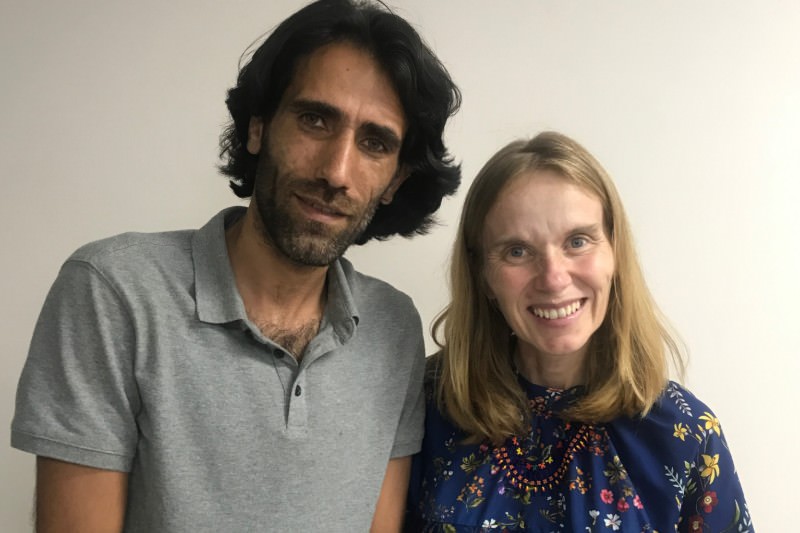
INTERNATIONAL
- Carolina Gottardo
- 18 November 2019
7 Comments
I recently visited Port Moresby as part of a delegation of Catholic leaders. I have worked with refugees and migrants for more than 20 years in different countries. I have been part of many serious and confronting human rights struggles. Nonetheless, I was not expecting what I saw and heard in PNG, and it deeply touched me.
READ MORE 
-
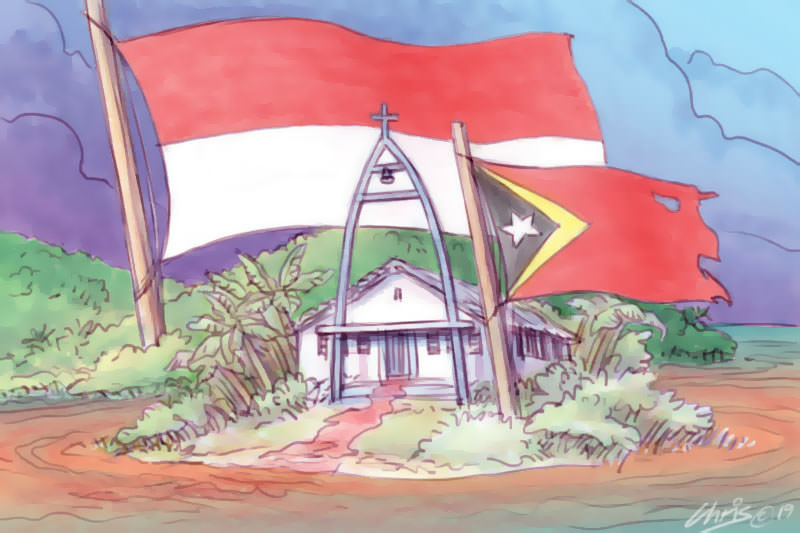
INTERNATIONAL
- Mark Raper
- 23 August 2019
4 Comments
One man rushed at Dewanto and cut him with a machete. The sister claims that the slaughter then began. Blood flowed out under the doors of the church like a river. Was this what she saw then or what she could not stop seeing in her nightmares? Or both? Over 100 died in Suai that day.
READ MORE 
-
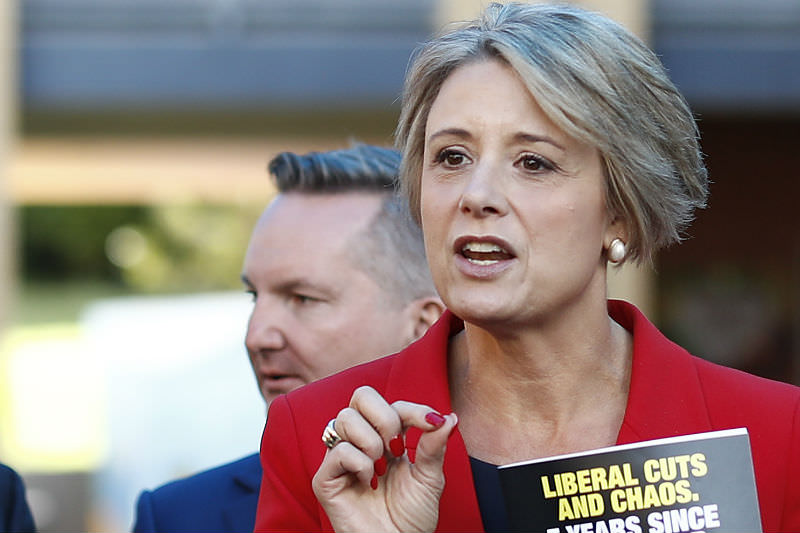
AUSTRALIA
- Carolina Gottardo and Nishadh Rego
- 06 June 2019
17 Comments
The recent federal election showed us that refugees and people seeking asylum do not need to be instrumentalised for votes. Perhaps refugee policymaking could be separated from politics. Perhaps it could be evidence-based and humane. Alas, the prevailing frames and politics of border protection quickly came to the fore post-election.
READ MORE 
-
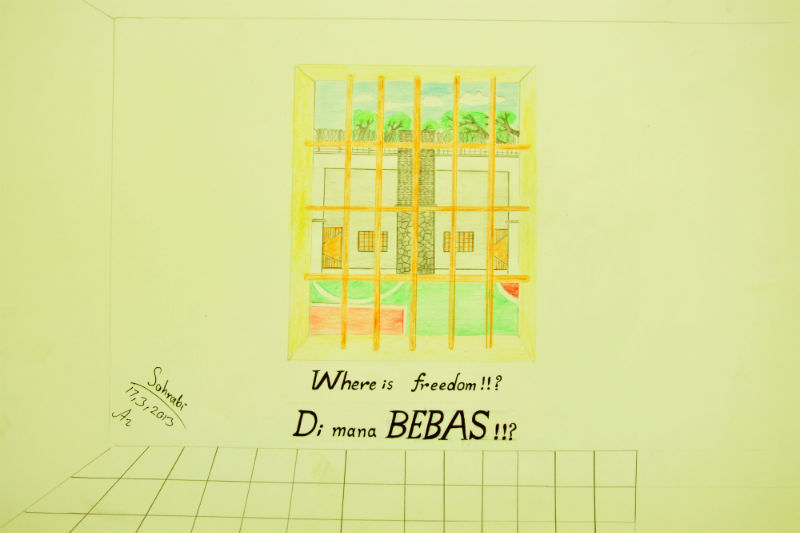
INTERNATIONAL
- Carolina Gottardo, Nishadh Rego, Lars Stenger
- 21 February 2019
8 Comments
On 7 February in Manado, Sulawesi, Sajjad, a 24 year old man who had just finished a degree in IT, doused himself with petrol and set himself on fire. He died six days later. On the day of his death, Australians woke to the government's claim the passage of the Medevac Bill would restart boats from Indonesia and weaken Australia's borders.
READ MORE 
-
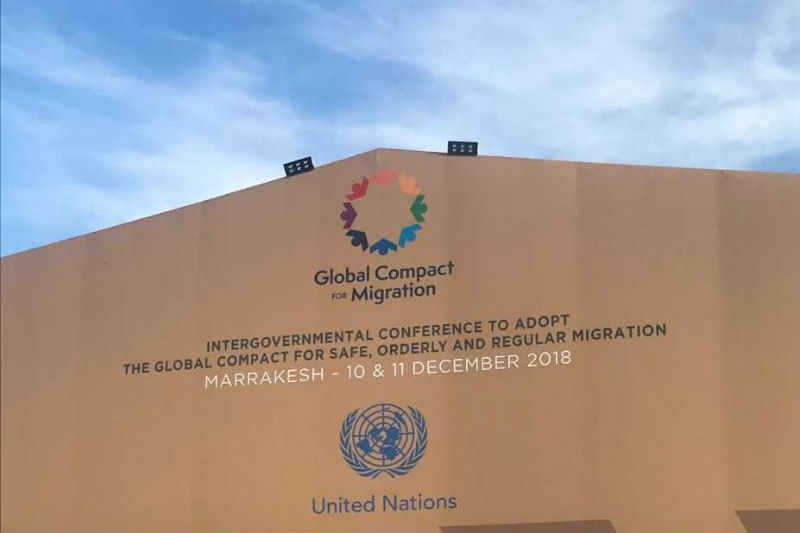
INTERNATIONAL
- Carolina Gottardo
- 19 December 2018
4 Comments
To abandon the GCM is a loss for all migrant women, men and children affected by human mobility, and creates a strong signal that Australia no longer deems multilateralism as an appropriate approach to global challenges.
READ MORE 
-
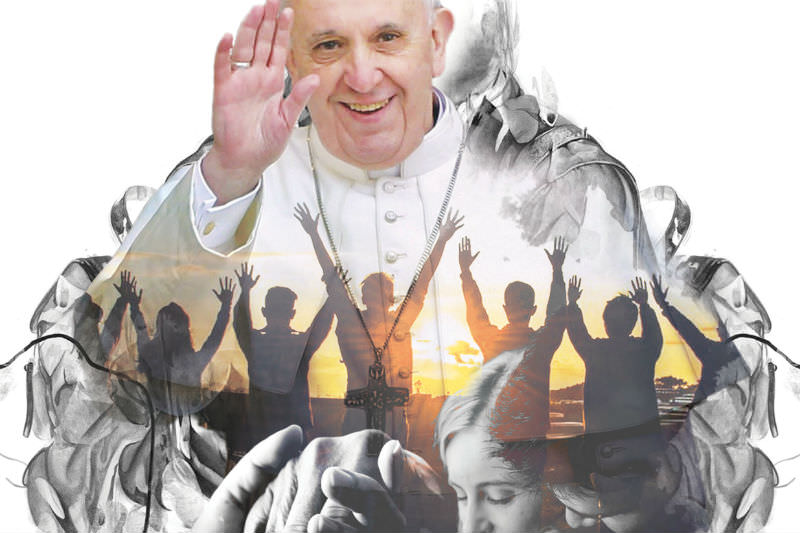
AUSTRALIA
- Carolina Gottardo and Nishadh Rego
- 20 August 2018
13 Comments
This remarkable policy of what Dr Eve Lester calls 'planned destitution' combines the most extreme instincts of neoliberal, nationalist and authoritarian thinking. Fundamentally, it derives from the Minister for Home Affairs' far reaching powers to determine the rights and entitlements of non-citizens such as people seeking asylum.
READ MORE 
-

RELIGION
- David Holdcroft
- 22 September 2017
8 Comments
Francis was elected on his perceived ability to address the need for reform of a Roman Curia increasingly beset by paralysis, inefficiency and scandal. It is almost in parenthesis that we note his pontificate coinciding with the rise of numbers of forced migrants to historically unprecedented post-war levels both in Europe and around the globe. This presented Francis with a unique opportunity to develop and demonstrate his vision for a renewed Church, repositioned in and for a globalised world.
READ MORE 
-
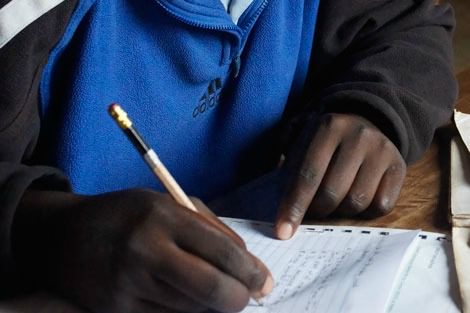
INTERNATIONAL
- David Holdcroft
- 12 May 2017
4 Comments
Alain is one of around 11,000 people living in this particular camp in the south of Zimbabwe. It seems an unlikely location to talk of the freeze on funding for Australian foreign aid announced in the budget, but it is in places like these, unseen and therefore unknown by the Australian population, that the effects are often felt. Alain is lucky: the camp where he lives has good education. Worldwide however, only 50 per cent of children in forced migrant situations will attend primary school, 22 per cent secondary and a paltry 1 per cent any institution of higher learning.
READ MORE 
-
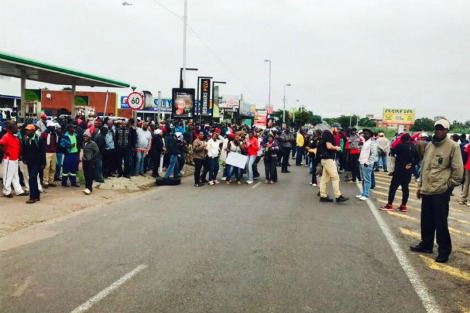
INTERNATIONAL
- Munyaradzi Makoni
- 28 March 2017
1 Comment
Life is back to normal a month after residents of Mamelodi in South Africa marched from on the Home Affairs offices in protest over criminality among immigrants. Now, there are calls for closer re-examination of the action, which many see as threatening peace in one of Africa's biggest economies. 'If drugs and crime were really the issues, it should have been billed as an anti-drugs, anti-crime march, not an anti-foreigner march,' said Johan Viljoen of Jesuit Refugee Service.
READ MORE 
-

- Aloysious Mowe
- 25 February 2015
Just before Christmas last year, the United States Senate Select Intelligence Committee released its report on the CIA's Detention and Interrogation Program, and its use of torture on detainees between 2002 and 2006. Among the report's key findings was the fact that the brutality of the torture and the harshness of the detention regime went beyond what the CIA. had reported to policy-makers (in other words, the CIA deliberately misled its Senate overseers); that the CIA's claims for the effectiveness of torture to obtain information that was vital for national security were inaccurate and unfounded; that the torture regime had damaged the standing of the United States, and resulted in significant costs, monetary and otherwise; that personnel were rarely reprimanded or held accountable for violations, inappropriate activities, and systematic and individual management failures. Read more
READ MORE